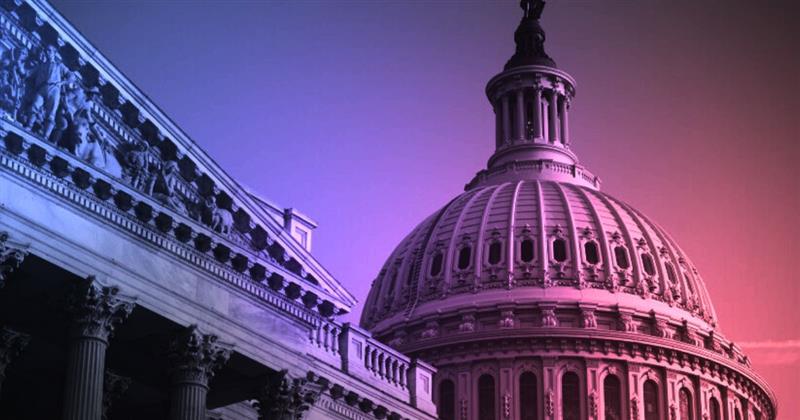Independent voters decide elections. And 2026 will be all about how they feel about the future of the American Dream.
As the 2026 midterm elections approach, pundits are focused on fundraising numbers, redistricting maps, and party registration trends. But at the Independent Center, we believe the real story lies elsewhere: independent voters, economic anxiety, and the evolving definition of the American Dream.
What Do Independents Believe?
Independent voters—now the fastest-growing segment in many states—are not just political spectators. They are shaping the future of American democracy. In battleground states like North Carolina and Maine, unaffiliated voters now outnumber both Democrats and Republicans. These voters are not beholden to party loyalty. They vote based on issues, character, and authenticity.
In North Carolina, unaffiliated voters have surged to nearly 2.9 million—more than either major party.
This shift reflects a broader trend: independents are tired of partisan gridlock and empty promises. They want leaders who address real concerns—like affordability, housing, and economic opportunity.
The Economy and the American Dream
The economy remains the top issue for voters, especially independents. A recent Wall Street Journal/NORC poll shows widespread pessimism about personal finances and the future. This matters deeply to independents, who often feel left behind by both parties.
Independent voters are modernizing the American Dream. It’s no longer just about homeownership or retirement—it’s about economic dignity, stability, and opportunity.
Whether it’s the cost of groceries, housing, or healthcare, independents are looking for candidates who understand their struggles and offer real solutions. They’re not interested in party talking points—they want results.
Candidate Quality and Authenticity
In today’s political climate, authenticity is king. Independent voters are drawn to candidates who listen, engage, and speak honestly. Even well-funded candidates with impressive résumés can fall flat if they don’t connect with voters on a human level.
The success of candidates like Zohran Mamdani, who prioritized listening over lecturing, shows that authentic engagement resonates deeply with independents.
This is why town halls, community events, and unscripted conversations matter. They offer a chance for voters to see who candidates really are—and whether they’re worthy of trust.
The Independent Factor in 2026
With millions of voters now identifying as independent, no party can win without them. In states that don’t register by party, the trend is similar: independents are growing, while major party affiliations decline.
This means that split-ticket voting will be more common, especially among independents who feel that neither party fully represents their values. They’re pragmatic—and they’re willing to vote across party lines to support candidates who prioritize affordability, transparency, and optimism.
A New Kind of Optimism
Despite economic challenges and political polarization, independent voters remain hopeful. They believe in the power of civic engagement and the possibility of change. They’re not waiting for parties to fix things—they’re taking action themselves.
At the IC, we believe this is the future of American politics: a movement led by independents who are redefining the American Dream and demanding a government that works for everyone.

.jpeg)


.jpg)
